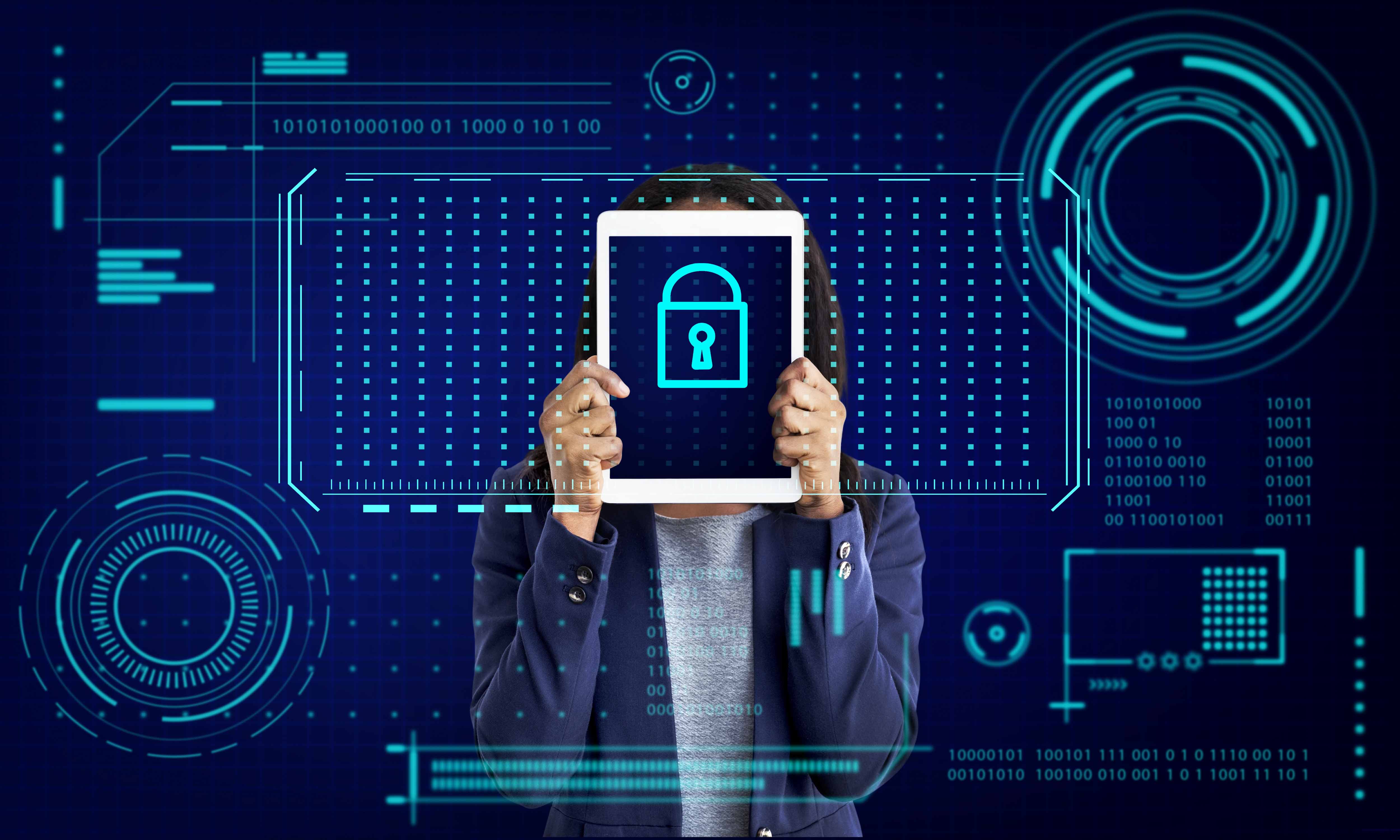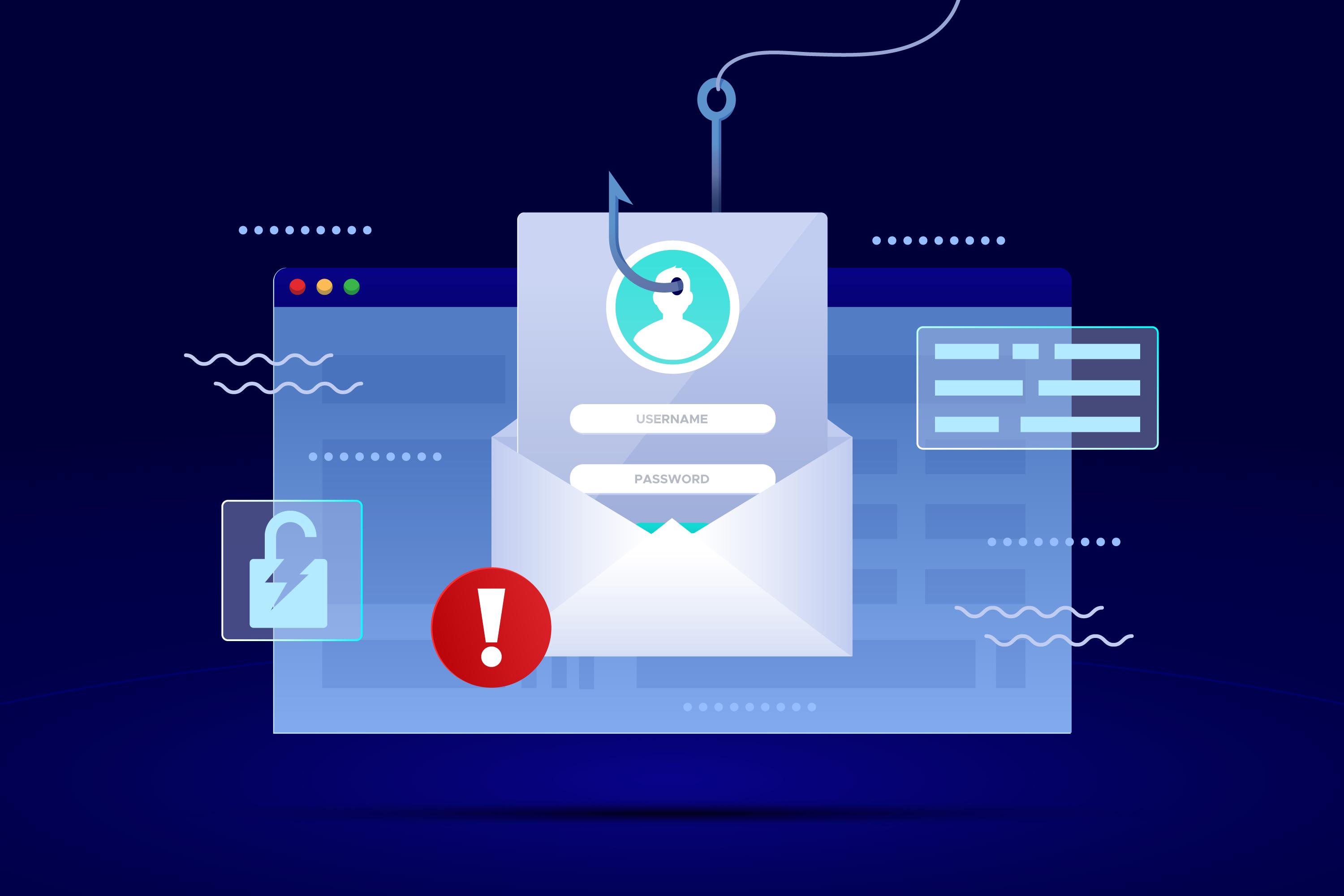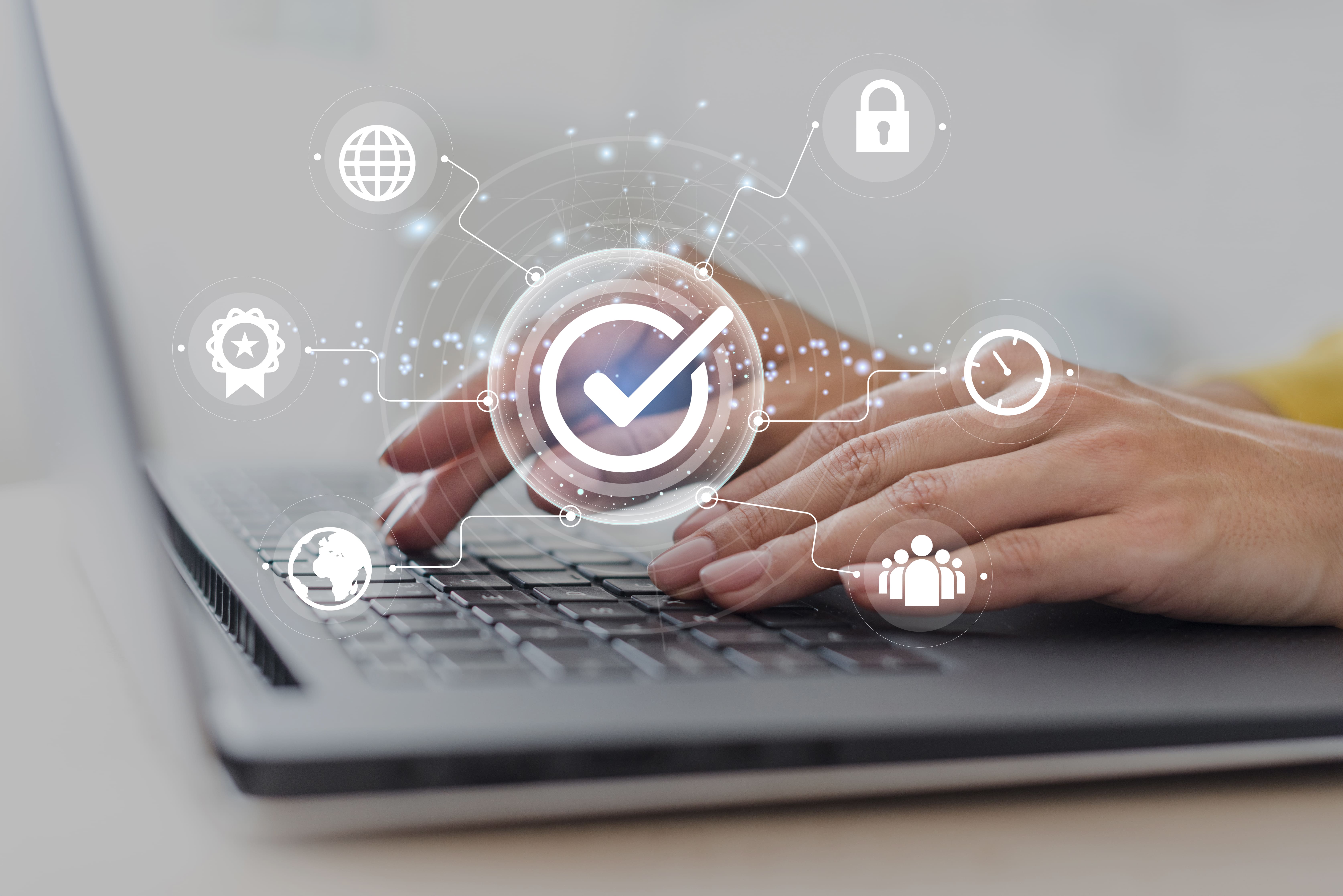
by Rebeca | Nov 8, 2023 | cybersecurity, soffid

by Rebeca | May 24, 2023 | cloud, cybersecurity, soffid
Protecting your digital identity and ensuring business security is crucial in today’s digital landscape. Identity and access management (IAM) plays a vital role in safeguarding digital experiences and mitigating potential consequences. Here are five essential IAM security practices to protect your company’s digital identity:
Implement robust password policies to prevent security risks associated with weak or reused passwords. Consequences may include data loss, IP theft, and compliance violations.
Use multifactor authentication (MFA) to defend against identity theft attacks. Attackers with password access can infiltrate systems, engage in fraud, and spread malware, leading to reputational damage, customer loss, and financial losses.
Manage privileges properly to prevent employees from gaining unnecessary access or abusing their privileges, which can result in data leaks, internal sabotage, and reputational harm.
Regularly monitor and audit systems to detect malicious activity and suspicious behaviour promptly. Failure to do so can lead to security breaches, exposing confidential data, incurring regulatory penalties, and losing customers.
Stay up-to-date with security patches and updates to avoid known vulnerabilities. Neglecting updates can leave your company susceptible to malware attacks, system compromises, operational disruptions, revenue loss, and damage to your brand’s reputation.
Protecting your company’s digital identity is essential for security and business continuity. By implementing strong IAM security practices, you can mitigate potential consequences such as data loss, reputational damage, and financial losses. Don’t overlook the importance of safeguarding your digital identity in today’s digital landscape.
Soffid is a converged IAM platform that will help you implement everything necessary to keep your company safe.
Shall we talk?
(1) readwrite.com

by Rebeca | May 10, 2023 | cloud, Customer, Definitions
Protecting against Phishing: How Companies Can Stay Safe
Phishing is becoming an increasingly common threat. In this post, we explain in more detail what it is and how hackers access companies’ confidential information. We will also look at ways companies can protect themselves against this type of attack, and how Soffid can help companies and organizations stay safe.
What is Phishing?
Phishing is a type of cyber-attack in which hackers try to deceive users into revealing confidential information, such as passwords or credit card numbers. These attacks are often carried out through fraudulent emails that appear legitimate, and that contain links or attachments that download malicious software onto users’ devices.
Which types of companies are affected by phishing and how do hackers access information?
Phishing can affect any company, regardless of its size or sector. Hackers often target companies that store valuable information, such as customer personal data or financial information. If a successful attack occurs, they can access this information and use it for fraud, identity theft, or extortion.
Cybercriminals send fraudulent emails or messages that appear to be from trusted sources, such as banks or social networks, to lead users to fake websites. There, they enter their credentials, giving access to their personal and financial information. They can also send malicious attachments that download malware. Another common way is through phone calls, text messages, or social media, in which they impersonate legitimate institutions and request information.
How can we protect ourselves?
It is essential for companies to protect themselves against these attacks. Monitoring and analysing emails to detect suspicious patterns, filtering emails, and educating employees about the risks of phishing are some of the implementations that must be carried out. Other important measures include installing cybersecurity tools, such as firewalls and antivirus software.
At Soffid, we want to help protect companies’ data with complete security solutions. Discovery our convergent platform.
Shall we talk?
(1) Gov UK

by Rebeca | May 10, 2023 | cloud, Customer, cybersecurity, News, Release, Resources, trends
Protecting against Phishing: How Companies Can Stay Safe
Phishing is becoming an increasingly common threat. In this post, we explain in more detail what it is and how hackers access companies’ confidential information. We will also look at ways companies can protect themselves against this type of attack, and how Soffid can help companies and organizations stay safe.
What is Phishing?
Phishing is a type of cyber-attack in which hackers try to deceive users into revealing confidential information, such as passwords or credit card numbers. These attacks are often carried out through fraudulent emails that appear legitimate, and that contain links or attachments that download malicious software onto users’ devices.
Which types of companies are affected by phishing and how do hackers access information?
Phishing can affect any company, regardless of its size or sector. Hackers often target companies that store valuable information, such as customer personal data or financial information. If a successful attack occurs, they can access this information and use it for fraud, identity theft, or extortion.
Cybercriminals send fraudulent emails or messages that appear to be from trusted sources, such as banks or social networks, to lead users to fake websites. There, they enter their credentials, giving access to their personal and financial information. They can also send malicious attachments that download malware. Another common way is through phone calls, text messages, or social media, in which they impersonate legitimate institutions and request information.
How can we protect ourselves?
It is essential for companies to protect themselves against these attacks. Monitoring and analysing emails to detect suspicious patterns, filtering emails, and educating employees about the risks of phishing are some of the implementations that must be carried out. Other important measures include installing cybersecurity tools, such as firewalls and antivirus software.
At Soffid, we want to help protect companies’ data with complete security solutions. Discovery our convergent platform.
Shall we talk?
(1) Gov UK

by Rebeca | May 10, 2023 | cloud, cybersecurity, News, Resources, soffid, trends
Cybersecurity threats are constantly evolving, making it difficult to keep up with the latest trends and protect your organisation’s sensitive data.
In today’s post we share the 7 hottest trends in cybersecurity you need to know about.
Cloud Security
As more organizations shift their operations to the cloud, there is an increased need for cloud security. The cloud offers many benefits, but it also presents new security challenges. Organizations need to ensure that they have the proper security measures in place to protect their data in the cloud.
Ransomware Attacks
Ransomware attacks have been on the rise in recent years, and they can be devastating for organizations. Ransomware is a type of malware that encrypts your files and demands a ransom payment in exchange for the decryption key. Organizations need to have a plan in place to prevent, detect, and respond to ransomware attacks.
Artificial Intelligence and Machine Learning
AI and machine learning are being used in cybersecurity to help detect and prevent cyber threats. These technologies can help organizations identify patterns and anomalies in their data that may indicate a cyber-attack.
Internet of Things (IoT) Security
With more and more devices being connected to the internet, IoT security is becoming increasingly important. Organizations need to ensure that their IoT devices are properly secured to prevent cyber-attacks.
Identity and Access Management (IAM)
IAM is becoming increasingly important as organizations adopt a hybrid work environment. IAM solutions can help organizations manage user identities and control access to sensitive data.
Zero Trust Security
Zero trust security is a security model that assumes that all devices, users, and applications are untrusted until proven otherwise. This approach can help organizations better protect their data from cyber threats.
Cybersecurity Workforce Shortage
There is a shortage of cybersecurity professionals, and this trend is expected to continue. Organizations need to invest in training and development to ensure that they have the necessary skills and expertise to protect their data.
These are the 7 hot cybersecurity trends that organizations should consider and be aware of to better protect their data. Companies must take proactive steps to prevent cyber-attacks and minimize the impact of any security incidents.
Shall we talk?





